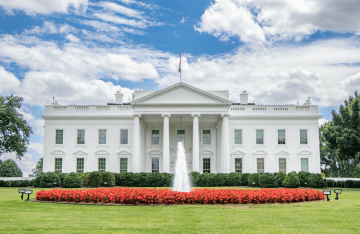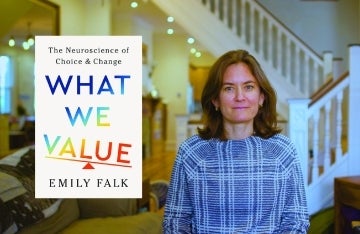A Journey Into the Archives of Herbert Schiller, Media Scholar and Critic of American Empire
Annenberg Processing Archivist Andrew Williams explores the Herbert Schiller Collection at the Annenberg School for Communication Library Archives.
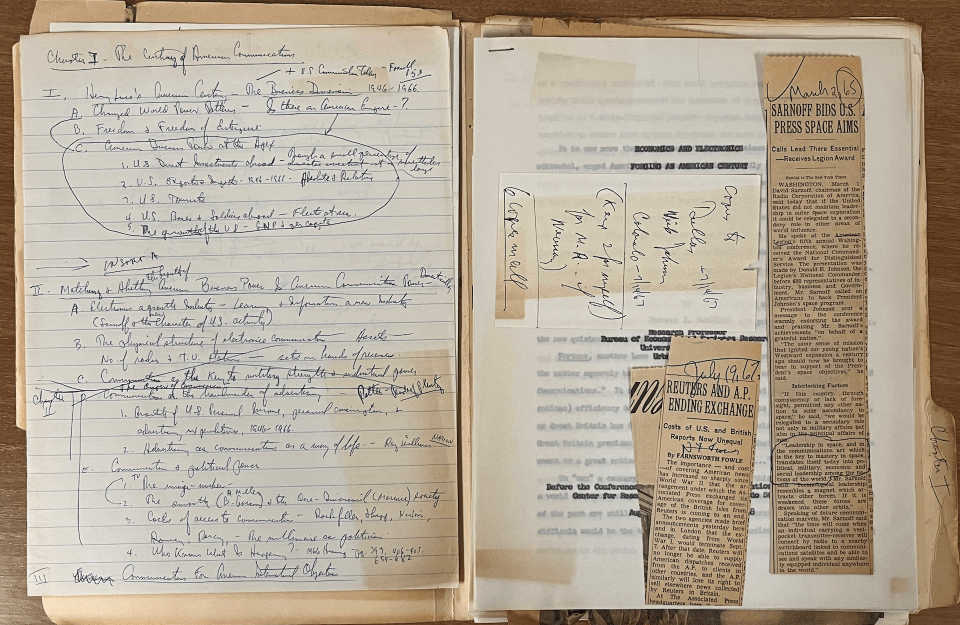
Notes for the first chapter of Herbert Schiller’s first book, Mass Communication and American Empire (Photo Credit: Andrew Williams)
Herbert Schiller was an American media critic and political economist who studied the systematic connections between mass media, technology, U.S. information policy, and corporate interests.
His work placed Communication at the center of understanding the expansion of American political, economic, and cultural influence across the globe, and he examined the ways in which the government and corporations use media messages and technology to protect and expand their positions of power.
While Schiller eschewed ideological labels like “Marxism” and “materialism,” fellow Communication scholar George Gerbner, dean of the Annenberg School from 1964 to 1989, argued that he “believed that the cultural ‘superstructure’ is as least as important in a media-dominated society as the ‘material’ structure of class and production roles.”
Journalism and Scholarship
Schiller was also a political activist and public intellectual. He worked pseudonymously as a radical journalist during the McCarthy era and continued to write for political journals throughout his career.
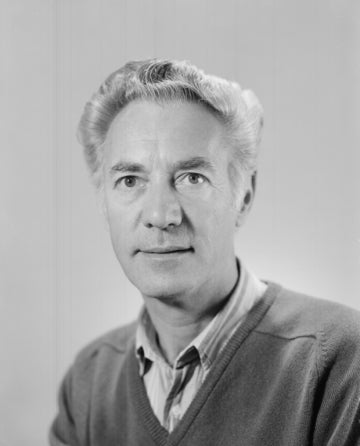
He often collaborated with activist groups, such as the non-profit video collective Paper Tiger Television, whose founder DeeDee Halleck recently spoke at the Media, Inequality and Change Center-sponsored Union for Democratic Communications Conference, and participated in conferences and talks around the world to teach about the pervasiveness of the information industry in daily life.
Schiller’s writing style and lectures were happily accessible, and his work was often published internationally in translation. In a globalized world where media and commercial interests continue to permeate through all areas of modern life, Schiller’s work remains presciently relevant and a font of inspiration to today’s Communication scholars and students.
The Herbert Schiller Collection
In 2022, Schiller’s family generously donated his papers to the Annenberg School for Communication Library Archives (ASCLA) where they are currently being preserved and made available to researchers.
ASCLA is a growing repository of historical material relating to Communication Studies, journalism, and media, and alongside Annenberg’s other collections of Communications scholars, such as the personal papers of George Gerbner and Elihu Katz, Schiller’s collection will be a boon for researchers interested in critical media studies and the history of Communication.
At 125 linear feet, the collection spans the breadth of Schiller’s career, and is chiefly composed of his research materials, notes and drafts of his publications, teaching records, recordings of his interviews and talks, and professional correspondence. His papers cover the nascent years of Communication Studies and trace the evolution of critical discourse in the field.
Schiller attentively preserved much of his own professional correspondence and materials relating to professional events, which researchers can use to map social and academic networks of communication scholars and activists the world over.
Schiller was a prolific writer, completing eight books, seven co-edited and co-authored books, and hundreds of articles.
The research material he used for his publications document his interpretive methodology and journalistic “listening in” approach to studying government and corporate power structures. Schiller studied all forms of media, and his primary sources (“raw materials,” as he called them) include an array of printed media, including magazines, newspapers, and advertisements, which he would annotate and affix to his notes and secondary sources. He prepared his teaching materials in a similar manner, incorporating popular publications into his lectures and exams.
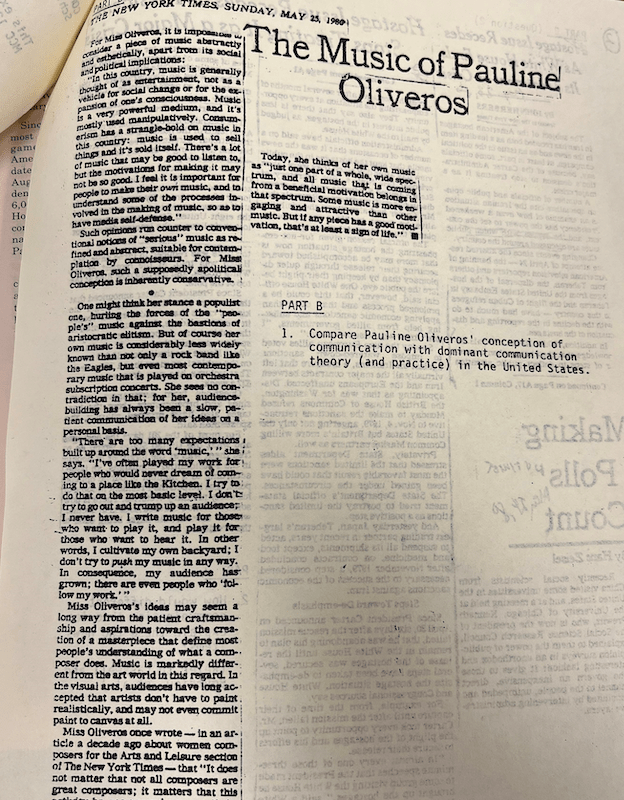
The collection is currently being processed at ASCLA in order to preserve and make it accessible to users for the long-term. Processing is made up of several activities, including surveying, arranging, and describing. The survey phase has recently been completed, which is necessary for determining the best organizational arrangement and preserving its original order. Once arranged, the collection will then be inventoried and described in a finding aid that will be published on the University of Pennsylvania Libraries' Philadelphia Area Archives site.
This article was originally posted on Unique at Penn, part of the family of University of Pennsylvania Libraries blogs.

